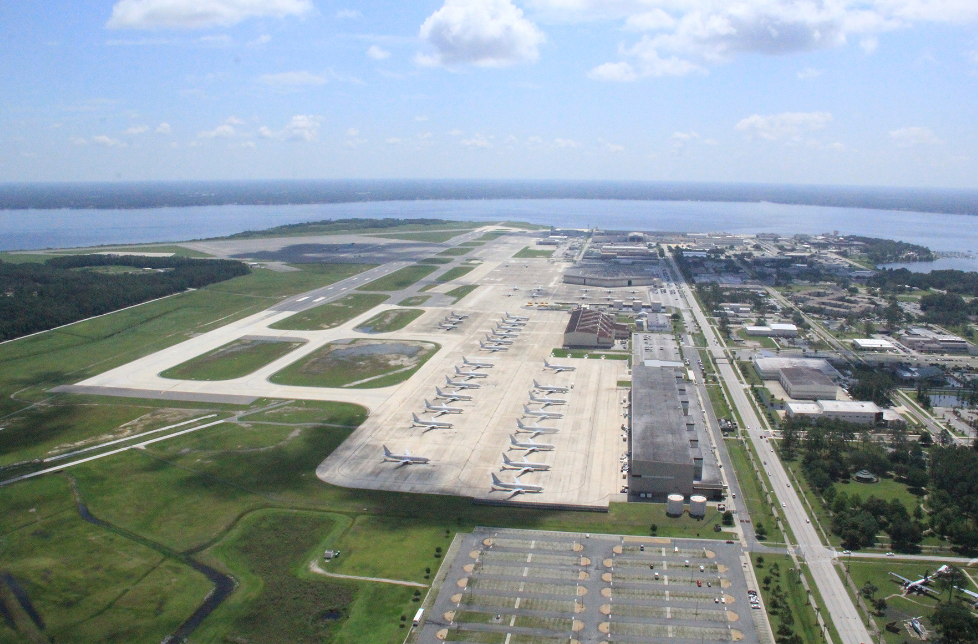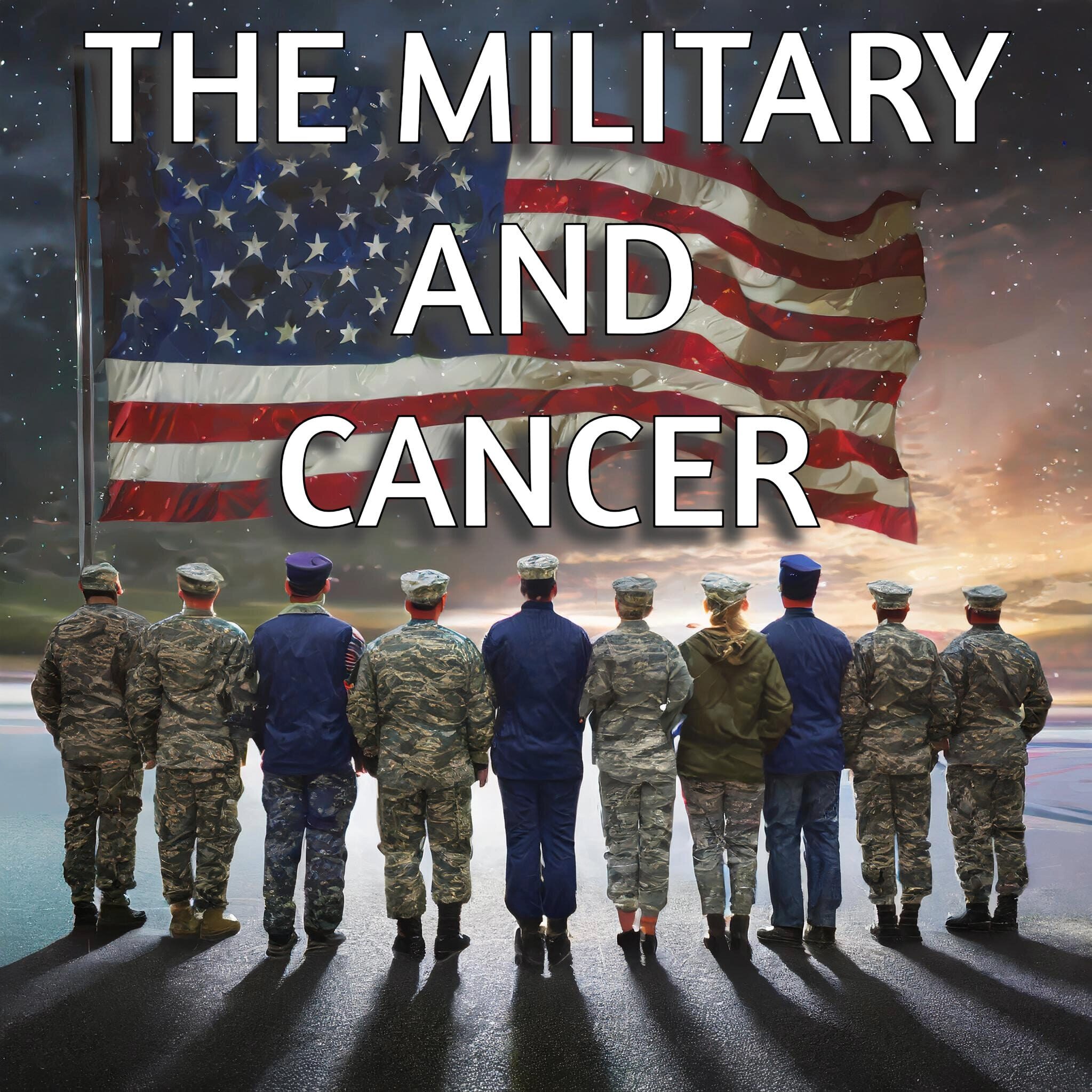
Naval Air Station Jacksonville (NAS Jacksonville) is a military installation located in Jacksonville, Florida, serving as a major U.S. Navy base. Established in 1940, NAS Jacksonville primarily supports aircraft and personnel training operations for the Navy, Marine Corps, and Coast Guard.
The base covers approximately 3,400 acres and houses various facilities including hangars, runways, barracks, administrative buildings, and recreational areas. NAS Jacksonville has played a significant role in naval aviation history and continues to be a vital hub for aviation operations on the East Coast.
Veterans who served at Naval Air Station Jacksonville (NAS Jacksonville) could potentially be exposed to PFAS (per- and polyfluoroalkyl substances) through various sources. PFAS are a group of man-made chemicals that were used in firefighting foam, which was commonly utilized in military training exercises and emergencies. These chemicals can contaminate soil, groundwater, and drinking water sources near military installations. If veterans consumed contaminated water or were exposed to the foam during their service at NAS Jacksonville, they may have been exposed to PFAS.
Similarly, veterans who served at NAS Jacksonville could have been exposed to TCE (trichloroethylene), a volatile organic compound commonly used as a solvent for degreasing metal parts. TCE was extensively used in military operations, including aircraft maintenance and cleaning processes. Inhalation or skin contact with TCE vapors or contaminated surfaces could lead to exposure among veterans at NAS Jacksonville. It is important for these veterans to consult with healthcare professionals if they suspect exposure to PFAS or TCE and discuss any potential health concerns they may have.
Some cancers have been identified as potentially related. These include:
- Lung cancer: Veterans may have been exposed to various airborne pollutants such as asbestos or other hazardous substances during their service that could contribute to lung cancer development.
- Prostate cancer: There is some evidence suggesting a potential link between exposure to Agent Orange (a herbicide used during the Vietnam War) and an increased risk of prostate cancer.
- Bladder cancer: Similarly, exposure to certain chemicals like Agent Orange has been associated with an elevated risk of bladder cancer.
- Leukemia: Some studies indicate that veterans exposed to ionizing radiation during their service may have an increased risk of developing leukemia.
- Non-Hodgkin lymphoma: Exposure to certain herbicides or solvents has been linked with an increased likelihood of developing this type of cancer.
It is important for veterans who served at Naval Air Station Jacksonville or any other military installation to consult with healthcare professionals regarding their individual health concerns. Medical experts can provide personalized assessments and guidance based on the individual’s medical history, exposure risks, and potential symptoms.

